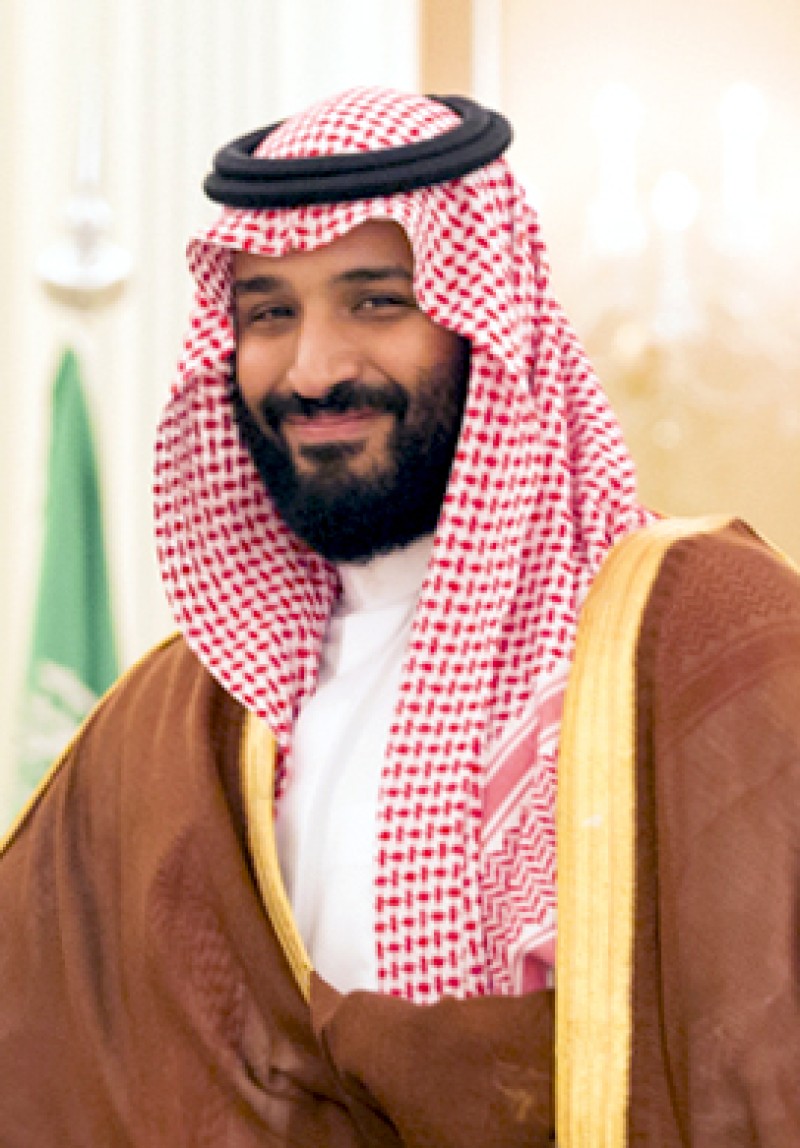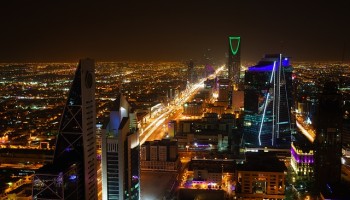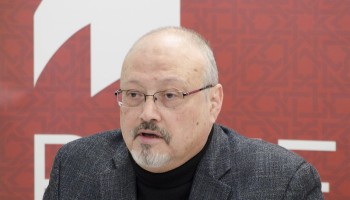“This amendment will enable the (National Anti-Corruption) Commission and competent authorities to carry out their tasks effectively and efficiently to protect public money, the state’s interests and the national economy from corruption,” the commission’s chairman, Khalid bin Abdul Mohsen Al-Muhaisen, was quoted as saying by state news agency SPA.
Saudi Arabia is the largest exporter of oil and has the 19th-largest GDP in the world at US$646.4 billion, according to the most recent World Bank data from 2016.
Much of the nation’s recent anti-corruption purges can be traced to its youthful Crown Prince, Mohammad bin Salman bin Abdulaziz Al Saud, known informally as MbS, who was made heir apparent to the throne in June 2017, replacing his cousin, Muhammad bin Nayef, 59.
The new Prince has lost no time in asserting his role as a mover and shaker.
His new invention: the November 2017 detention of hundreds of powerful Saudi elites - including members of his own family. He held them in luxury hotels across Saudi Arabia, including the Ritz-Carlton in Riyadh, where some of the detainees were forced to sleep on the floor of their “gilded prison” for two months. Numerous allegations of torture have since surfaced.
This unique method of fighting corruption included offers of freedom in exchange for large portions of wealth, sometimes as much as seventy percent of it. Many detainees paid.
The Prince claimed that the purge recouped as much as US$100 billion stolen by his nation’s oligarchy and royalty over decades.
His supporters called the move a genuine progressive step, while critics deemed it a power grab aimed at consolidating his newly-found power.
Meanwhile, the former “gilded prison” opened its doors again to the world’s elite in February. Its cheapest nightly rate - $650 per room.




